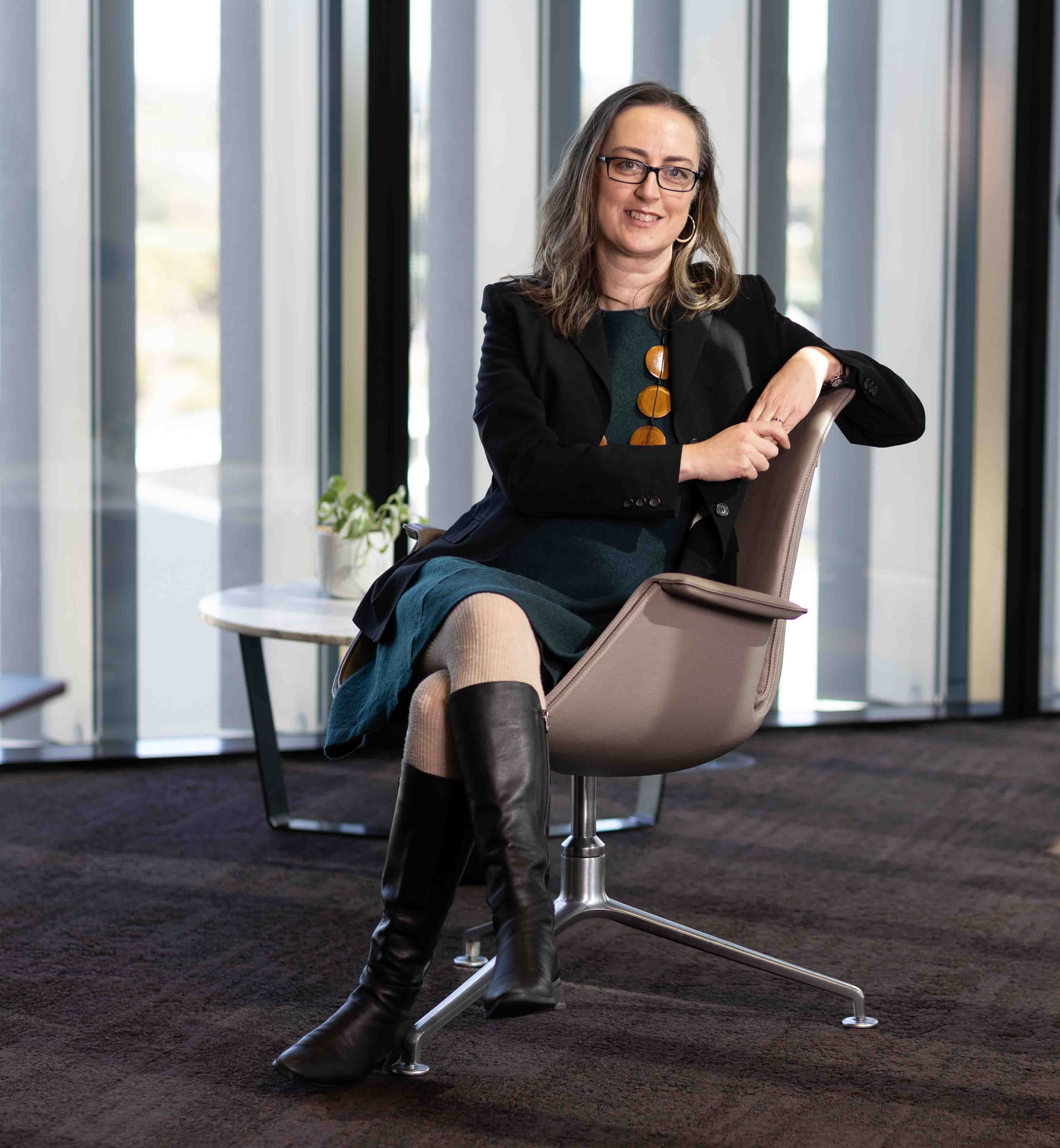Researchers from Deakin University’s Faculty of Health have received $9.5 million in funding from the Federal Government’s Medical Research Future Fund (MRFF).
Associate Professor Anna Ugalde, Professor Kylie Hesketh, Associate Professor Nicole Kiss, Dr Cindy Needham and Professor Bodil Rasmussen will each lead potentially groundbreaking, life-changing health and medical research projects from rural cancer care to nutrition interventions and First Nations health.
MRFF funding supports clinical trials to test the effectiveness and safety of new medical treatments, aiming to fill gaps in areas that need more research, support emerging researchers and their teams, and help researchers develop and bring their ideas to market earlier.
Deakin’s successful projects are:
MRFF Early to Mid-Career Researcher Grant: Driving equitable cancer outcomes across Australia: establishing a nationally scalable model to embed best practice cancer care into rural health services – $4,899,021.10
School of Nursing and Midwifery/QPS/Institute for Health Transformation
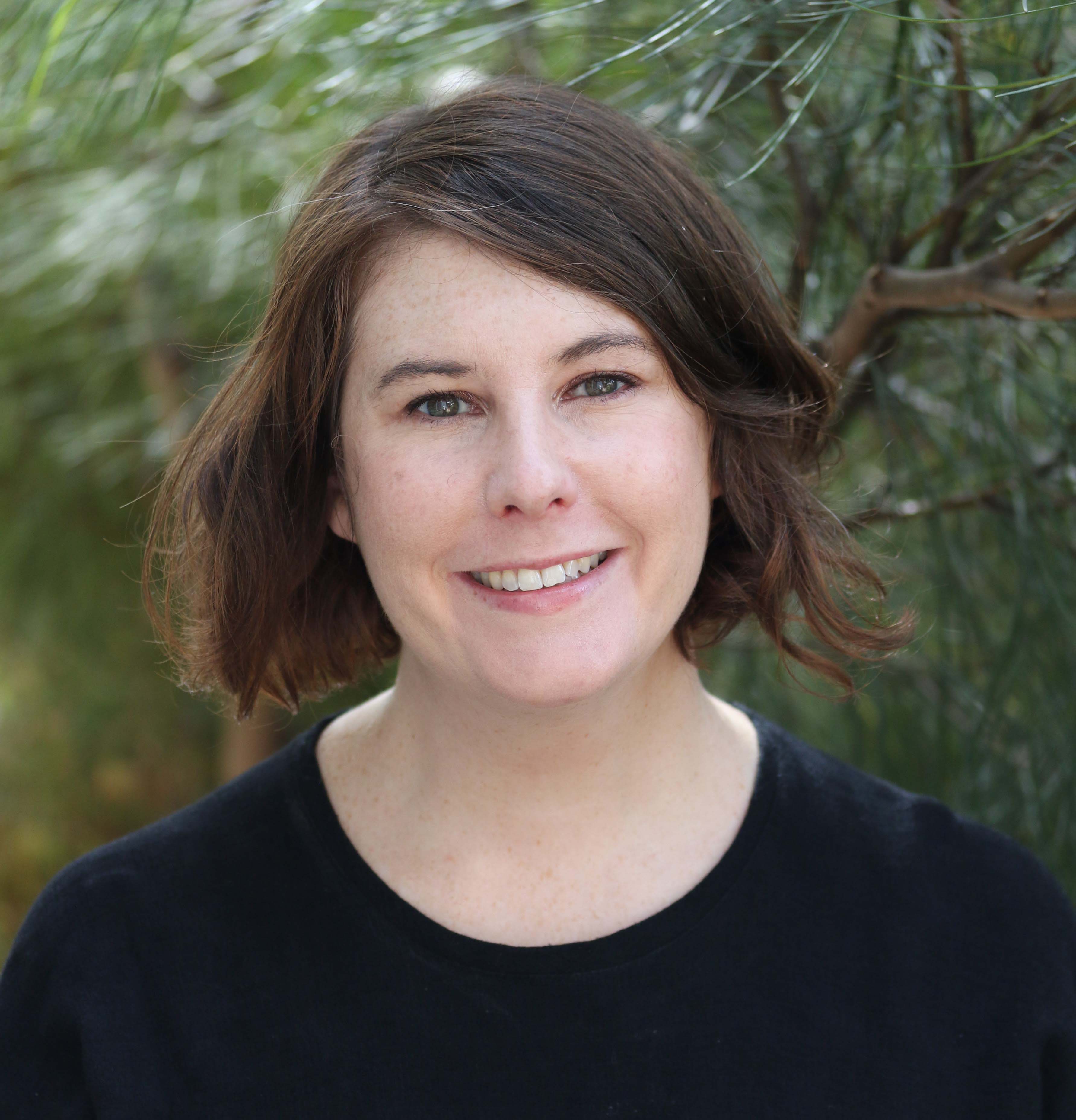
Cancer comes at a significant health care cost in Australia, particularly for rural and remote communities where cancer outcomes, including survival, are poorer.
The Optimal Care Pathways were developed through a multidisciplinary process drawing upon best evidence to provide guidance and expectations for quality cancer care. There is international evidence that the Pathways improve patient outcomes and they are a key part of the nationally-endorsed Australian Cancer Plan. However there have been no structured or coordinated implementation efforts in Australia.
Associate Professor Ugalde’s project aims to deliver implementation of the Optimal Care Pathways across rural and remote health services and establish a model for nationwide scaling. The program comprises three phases of work to understand the local rural healthcare contexts, build the necessary digital health tools and deliver a trial to test implementation of the Pathways.
The research team will work with government, health service and academic partners to enhance cancer care by reducing diagnosis times in rural communities, improving treatment initiation times and optimising continuity of care across the disease trajectory.
MRFF Maternal Health and Healthy Lifestyles: A nutrition and movement behaviour intervention for toddlers: efficacy, cost effectiveness and scale-up – $1,855,634.60
School of Exercise and Nutrition Sciences/Institute for Physical Activity and Nutrition
Toddlers’ diet, physical activity, sedentary behaviour and sleep are consistently rated in national polls as Australian parents’ top child health concerns. However, there are very few interventions worldwide targeting all four of these key health behaviours concurrently and no existing interventions in the important toddler life stage.
Professor Hesketh’s project will conduct a trial with 800 families across Australia to evaluate TODDLERS, an innovative scalable program addressing all four health behaviours in toddlers. Co-designed with mothers and in response to the needs of families and stakeholders, the research team aims to assess the cost-effectiveness of the program from a funder perspective. With support from partner organisations, the research team will also evaluate the optimal delivery approach for implementing this program nationwide.
MRFF Clinician Researchers: Applied Research in Health: Revolutionising sarcopenia care for people living with cancer: establishing effective screening and referral pathways into evidence-based treatment in rural and specialist cancer services – $1,465,954.82
, School of Exercise and Nutrition Sciences/Institute for Physical Activity and Nutrition
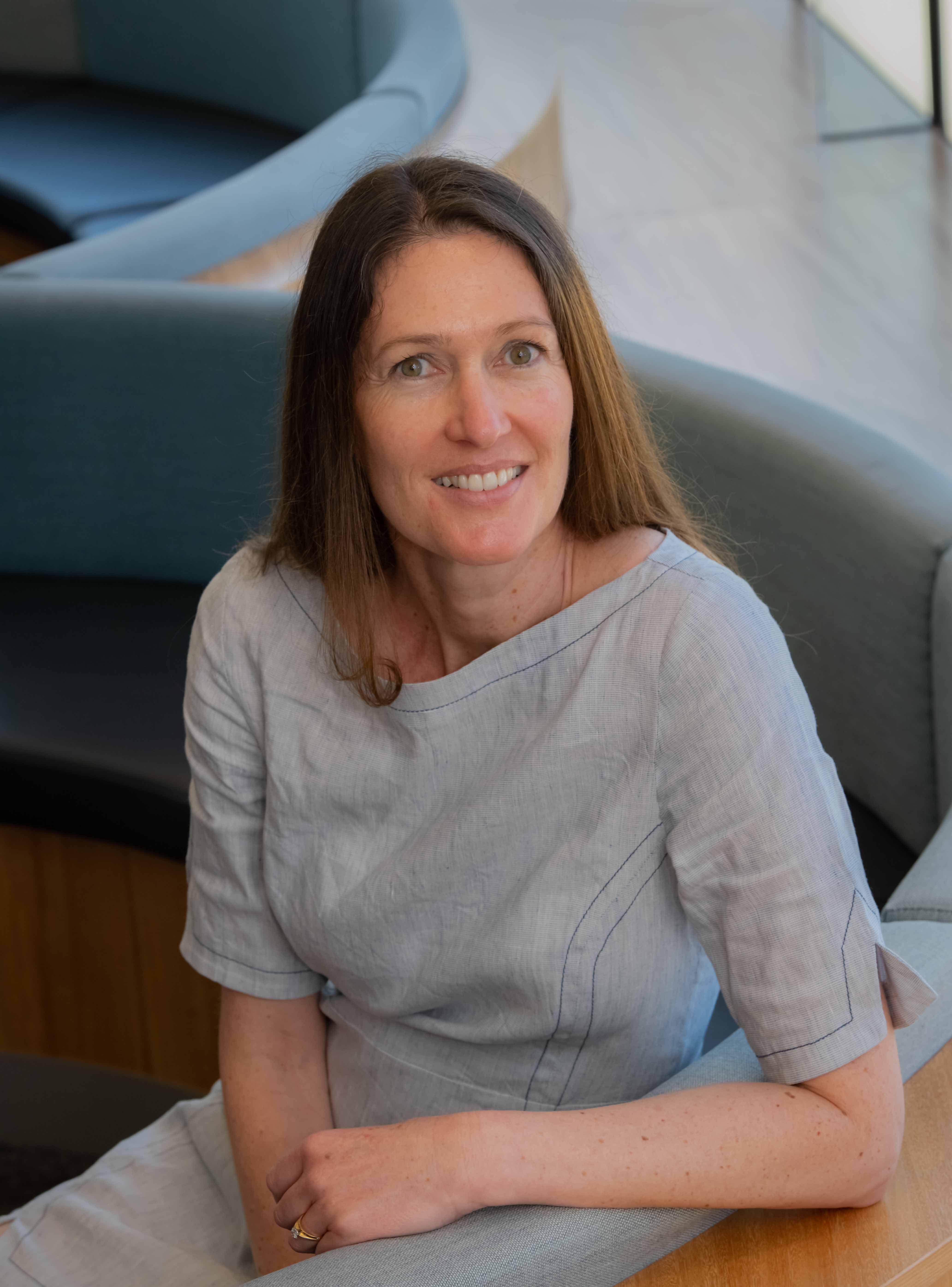
Cancer-related sarcopenia (low muscle mass) affects 30-50% of people with cancer, leading to lower survival rates and reduced capacity to tolerate treatment, impacting quality of life. Although national cancer societies recommend universal screening for sarcopenia in all cancer patients, existing screening tools are inadequate and non-specific, resulting in an under recognition and lack of treatment for people with cancer-related sarcopenia.
Effective treatment through individualised nutrition therapy and strength training exists, but a short simple screening tool is urgently needed to identify at-risk people for referrals, particularly in rural areas where allied health services are stretched and processes to prioritise care for people with the greatest needs are vital.
Associate Professor Kiss’s team of clinician researchers who are international and national leaders in sarcopenia, cancer, nutrition and exercise, will work with health services, consumers and policy partners to develop such a tool for screening sarcopenia to improve outcomes. Embedding the screening tool and referral pathway in the project’s rural health service partners will transform sarcopenia care for these communities, with potential for national scalability for all people with cancer.
MRFF Early to Mid-Career Researcher Grant: A spatial, systems and solution focused approach to understanding food environment factors that influence dietary risks of Australians living in rural and remote areas – $757,310.20
School of Health and Social Development/GLOBE/Institute for Health Transformation
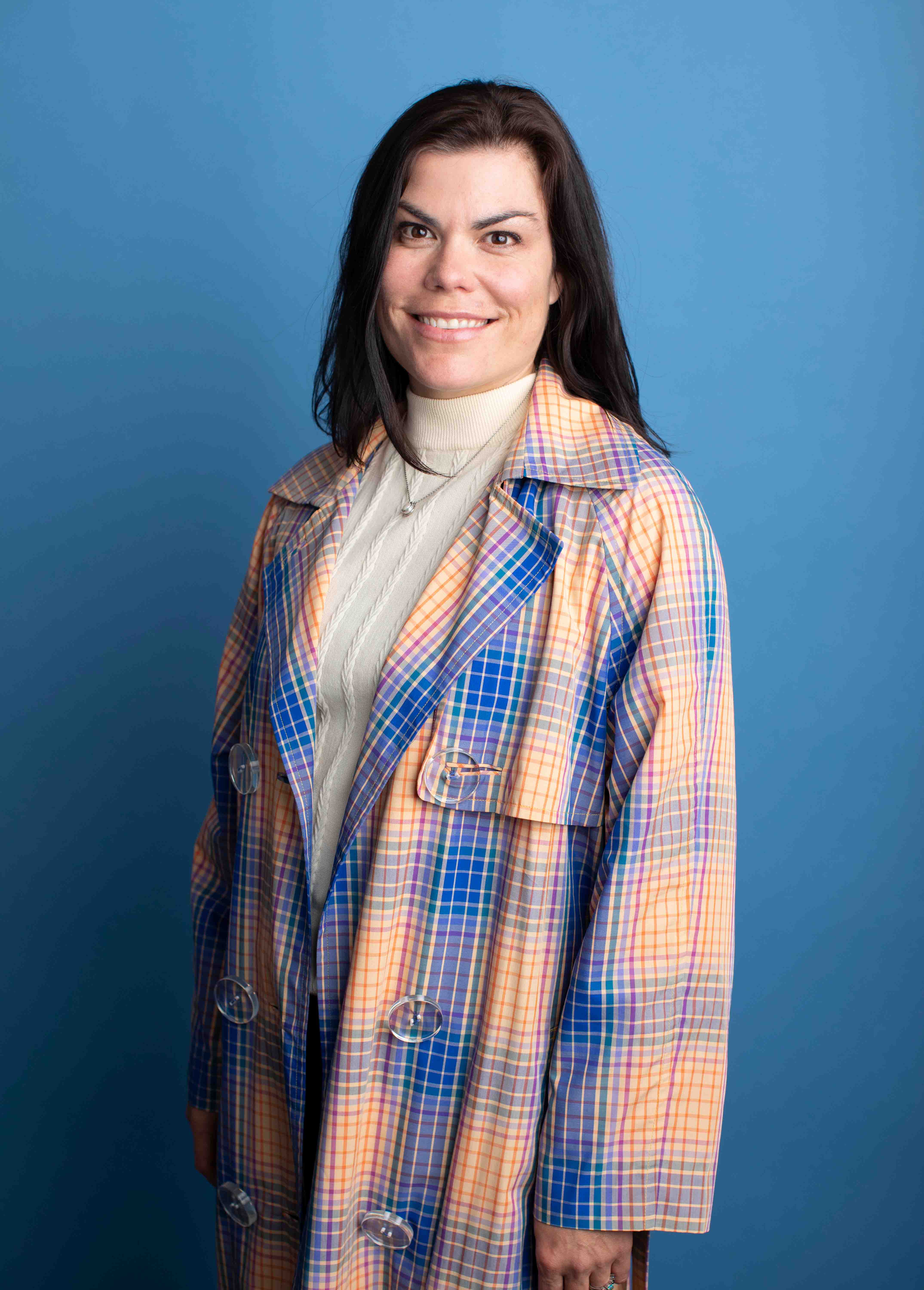
Australians living in rural and remote areas face shorter lifespans and higher rates of diet-related disease compared to city dwellers. Poor diet significantly contributes to this health disparity, highlighting the critical priority to improve the diet of rural and remote communities.
Food environments inform dietary practice, with rural and remote areas often lacking access to healthy food retailers in urban areas. However, little is known about how rural and remote Australians experience food environments, how these experiences shape dietary choices and how this could be adapted to drive healthier diet choices. Participatory research is needed to engage retailers, consumers and food suppliers so we can understand how environments drive behaviours and what changes would be both effective and acceptable to improve diet quality.
Dr Needham’s project will develop and test an online tool to engage with communities to understand how they access and purchase food and how this influences their dietary behaviour. The project will also provide an opportunity to co-design solutions interventions to address diet-related health and associated health-care costs in rural areas.
MRFF Consumer-Led Research: Guided Self-Determination: a codesigned self-management program for Aboriginal and/or Torres Strait Islander peoples living with type 2 diabetes – $484,836.20
, School of Nursing and Midwifery/QPS/Institute for Health Transformation
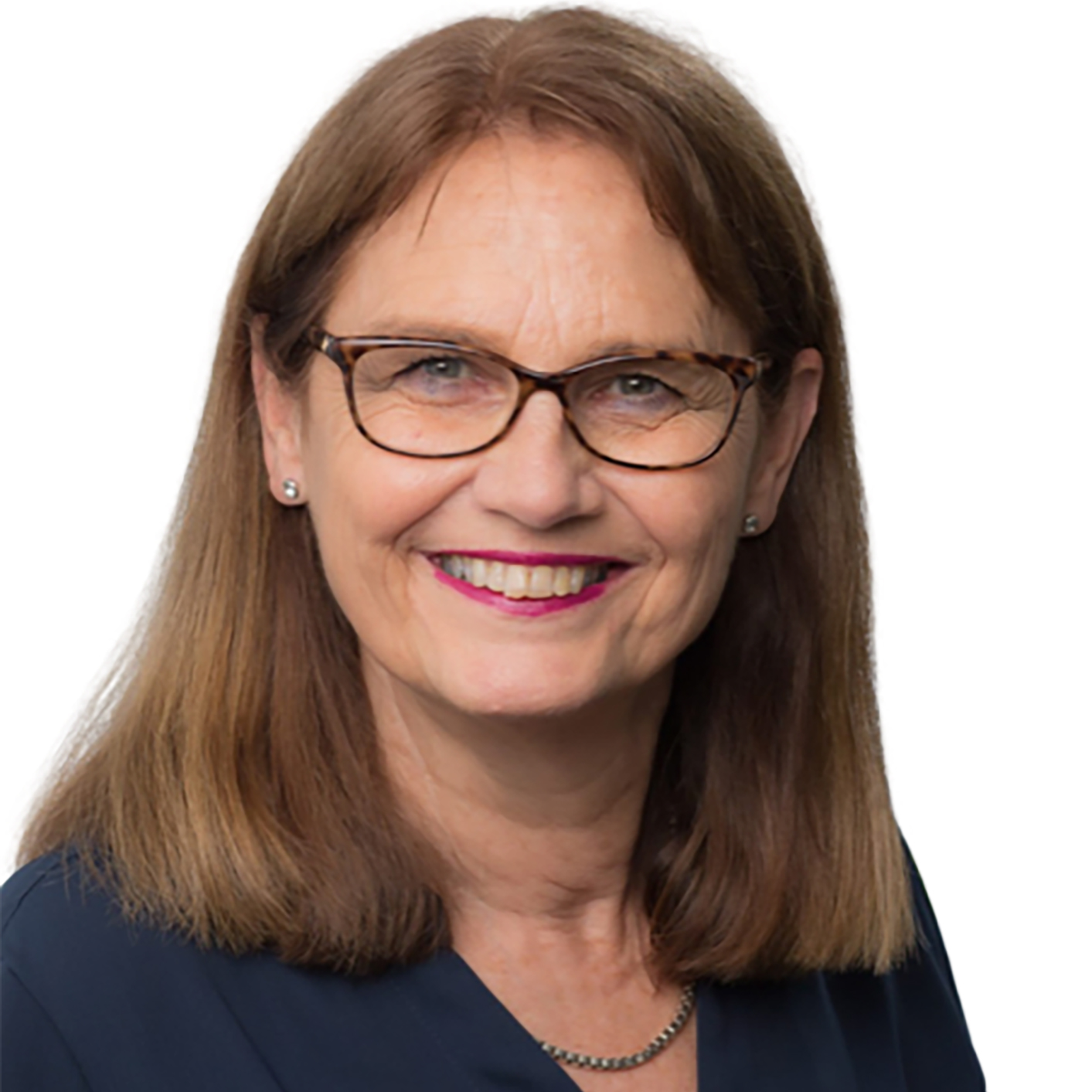
Diabetes contributes to 3.3% of the total disease burden experienced by Aboriginal and/or Torres Strait Islander peoples. Type 2 diabetes is a significant contributor to morbidity and mortality among Aboriginal and/or Torres Strait Islander peoples and poses an additional risk of multimorbidity. There is a need for evidence-based, co-designed strategies to support self-determination in diabetes care for Aboriginal and/or Torres Strait Islander peoples.
Professor Rasmussen’s project aims to determine the feasibility and acceptability of a culturally tailored Guided Self-Determination (GSD) program to improve diabetes self-management and well-being for Aboriginal and/or Torres Strait Islander peoples living with type 2 diabetes. The GSD program will empower Aboriginal and/or Torres Strait Islander peoples, enable self-determination in the management of their type 2 diabetes and help to improve their wellbeing and quality of life.
The text of this article is licensed under the license. We’d love for you to share it, so feel free! Please note that images, videos, graphics and logos are not covered by the CC BY license and may not be used without permission from Deakin University or their respective copyright holder. If you have any questions please contact .
Thanks for reading! You can find more stories like this at . We ask that Deakin University and individuals are appropriately credited and that you include links back to this website. Quotes in this article can be extracted for other articles provided individuals are appropriately credited and you include a link back to the article URL.

